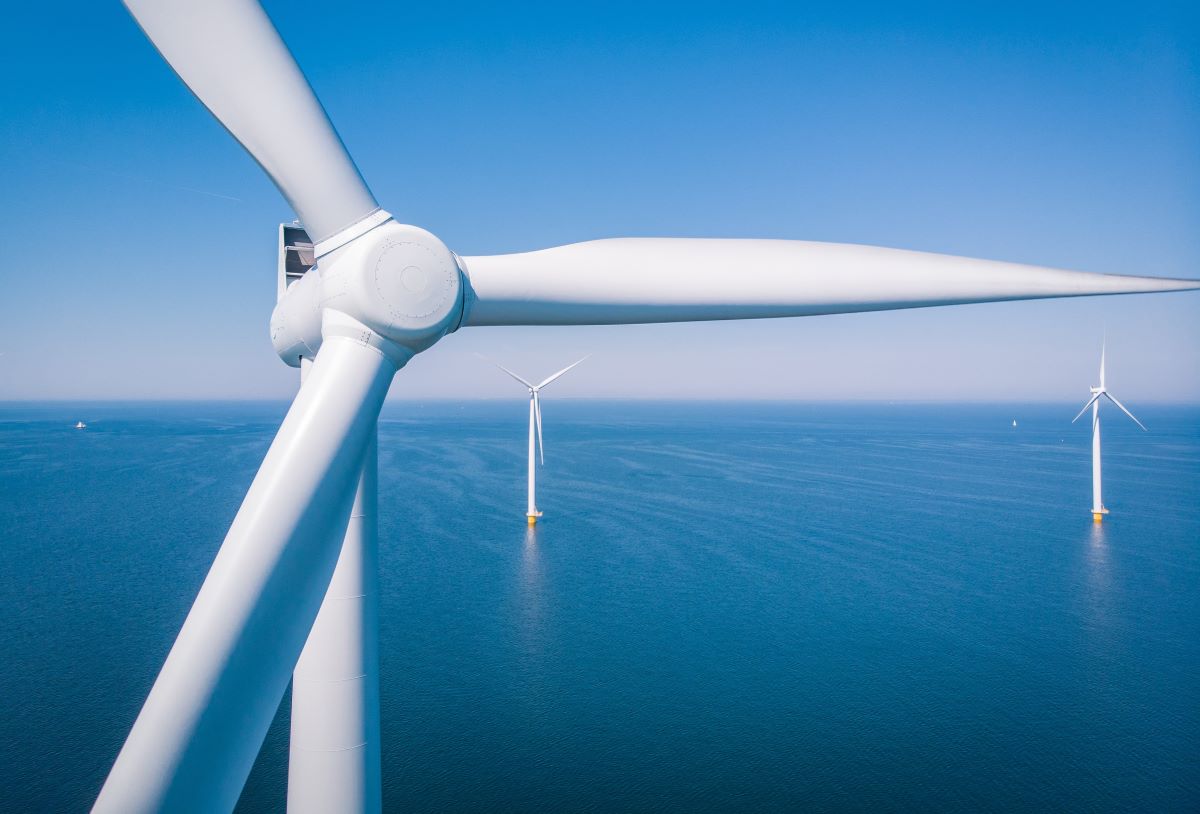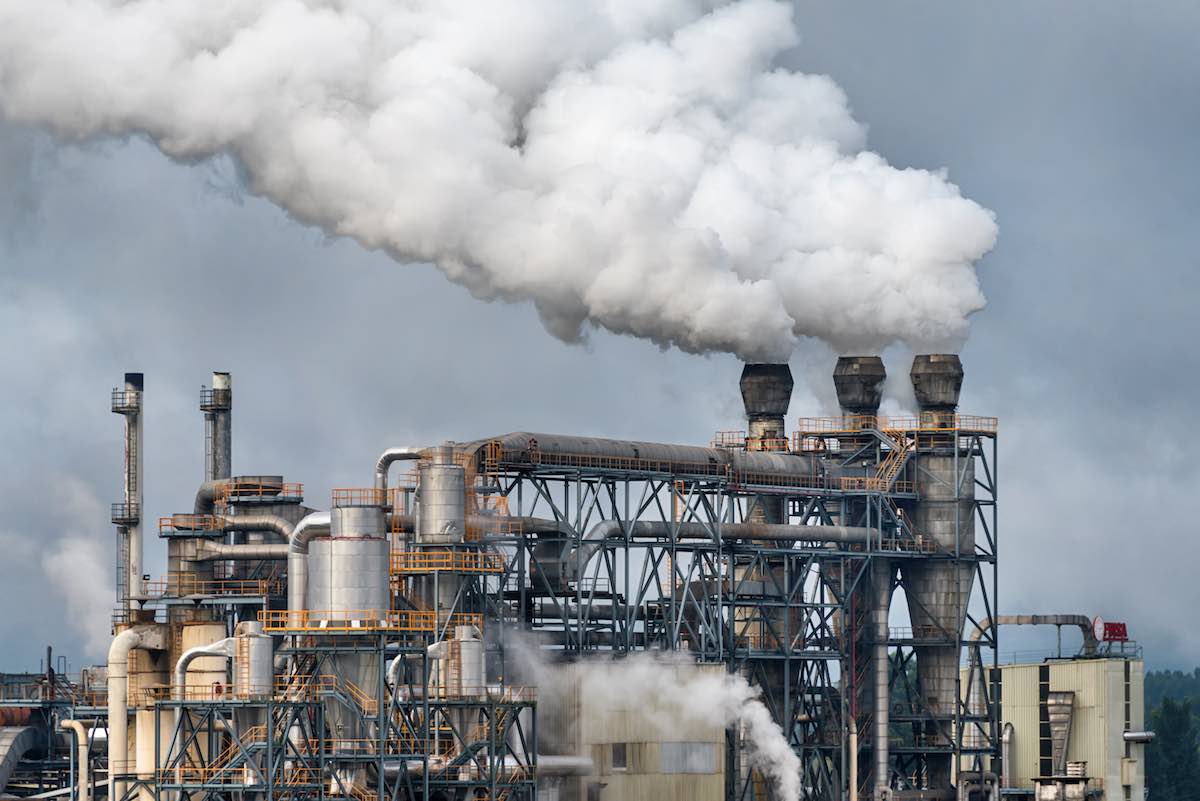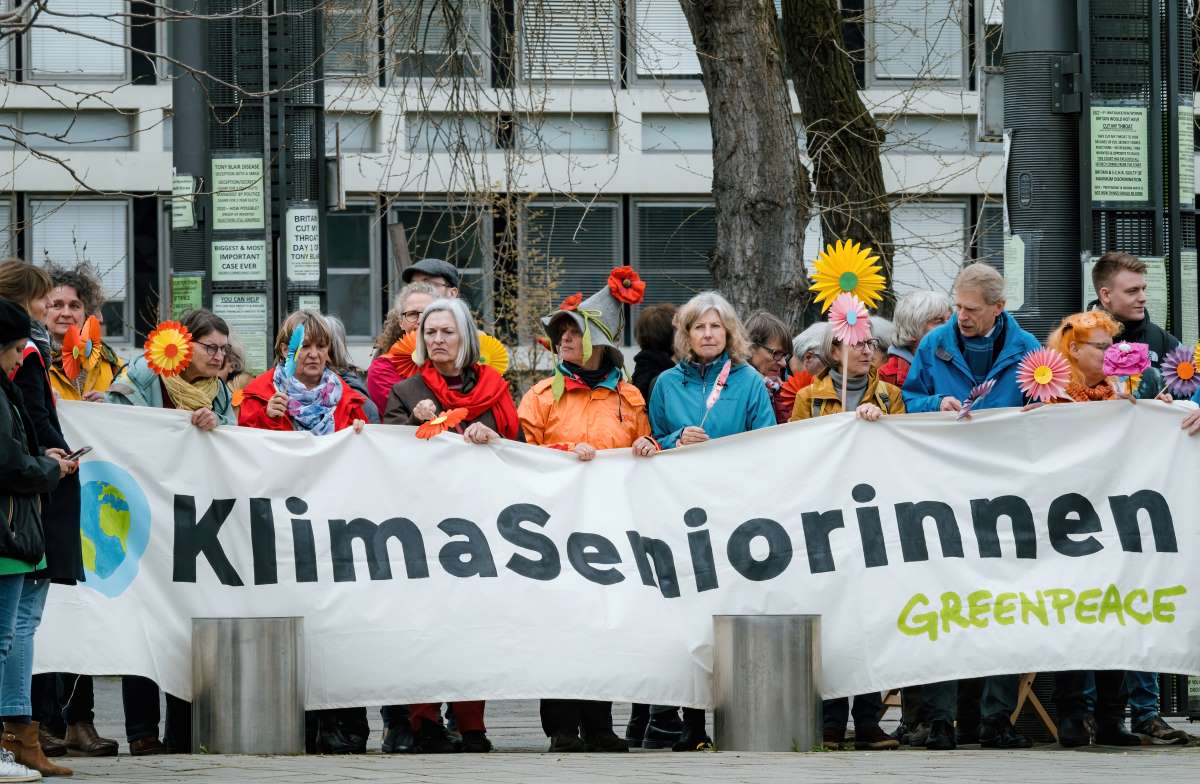After the disappointing outcome of the Copenhagen conference, it will take some time to stitch the diplomatic ties back together. It will surely be difficult to find such favourable pre-negotiation conditions, with President Obama’s presence, the new Governments of Australia and Japan open to reaching an agreement and, lastly, the declarations from many developing Countries proposing emission reduction targets for the first time.
Considering the weakness of politics, the “green economy” will assume a more and more important role. The kaleidoscopic world of green production remained almost intact during the economic storm, although losses and damage have been seen even in this sector, and is now accelerating its pace. The photovoltaic and wind power systems installed around the world in 2009 reached record figures compared to the previous year. In Europe, 61% of the total new electricity generating installations use renewable sources – a figure that would have been unimaginable even a few years ago. Far better than a nuclear renaissance! (see graph).
The disappointment of Copenhagen will foster a new form of grassroots activism. Seeing as the leaders are unable to agree, the frustration and will to act will intensify pressure on local initiatives. Environmental groups and local authorities are expected to increase their activities. The “Covenant of Mayors” – the European campaign to get towns and cities to reduce their climate-altering emissions by at least 20% by the end of the decade – is achieving an unexpected result. 288 Italian communes have already signed the Covenant and 1,226 European towns have joined the campaign.
Naturally, pressure from the green industry is helpful and the grassroots actions will catalyse important energy, but the action of Governments will be decisive in picking up the pieces of an international agreement.
The situation is a shambles and the EU – which has always played a leading role, but stayed in the background in Copenhagen – can and must reaffirm its position in this period of weakness for Obama, as Democrats lost their 60-vote Senate majority. Thanks to its strong green industry and the targets set for 2020 (-20%), which are legally binding and much tougher than those of all the other countries (only Norway has planned a higher minimum cut of 30%), Europe must perform an important role in taking up the threads of a delicate and decisive negotiation.
If an agreement is not reached within the next two or three years, the probability is that, in this century, the threshold of 3 °C above pre-industrial levels will be exceeded, leading to the catastrophic consequences that the scientific community has clearly warned.
Gianni Silvestrini (scientific director of QualEnergia and Kyoto Club)



.jpg)









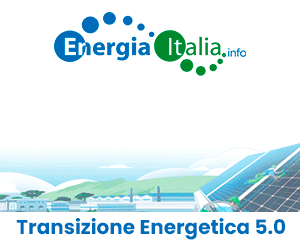










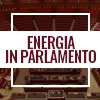
.gif)


